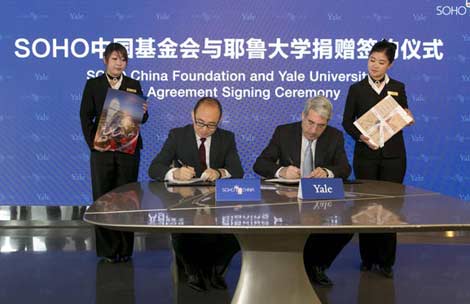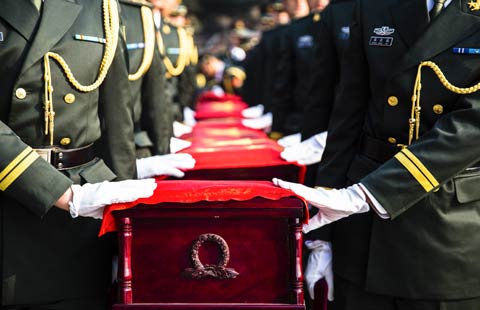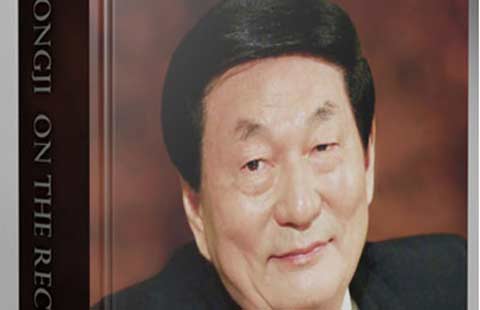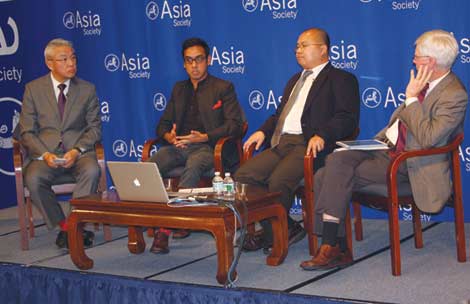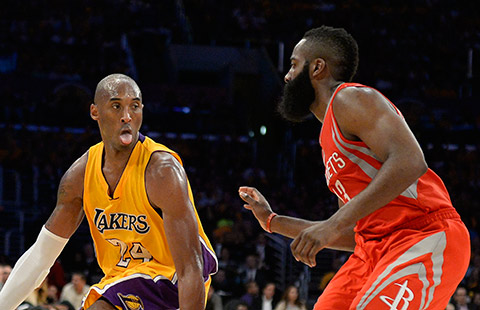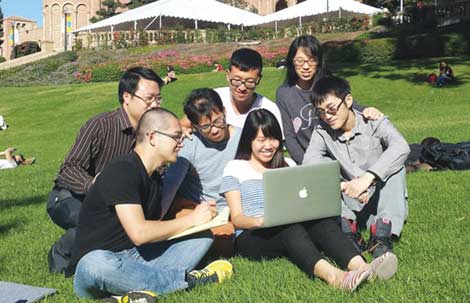US journalist held in Syria freed
Updated: 2014-08-25 06:59
(Agencies)
|
||||||||
His family said they believe Curtis was captured in October 2012, shortly after crossing into Syria.
"My heart is full at the extraordinary, dedicated, incredible people, too many to name individually, who have become my friends and have tirelessly helped us over these many months," Curtis' mother, Nancy Curtis, said in a statement from the family. "Please know that we will be eternally grateful."
Curtis, under the Theo Padnos byline, has written for the New Republic and in 2011 wrote a book called "Undercover Muslim: A Journey Into Yemen," which studied the radicalization of disaffected youths.
Before leaving for Yemen in 2005 to study Islam, he worked in the Vermont prison system teaching teenage inmates. That experience resulted in the book "My Life Had Stood a Loaded Gun."
"He seems to be in good health," Curtis' cousin Viva Hardigg said in an interview. "We are deeply relieved and grateful for his return and the many people who have helped us secure his freedom. At the same time, we are thinking constantly of the other hostages who are still held and those working to help them be freed. We want to do everything we can to support their efforts."
In another video from June 30, 2014, a man with a beard and disheveled hair identifies himself as Peter Theo Curtis from Boston, and says he is being treated well.
"I have everything I need. Everything has been perfect - food, clothing, even friends now," he says. He appears to be reading from a script.
Curtis' release was first reported by Al Jazeera.
Secretary of State John Kerry voiced relief and gratitude for Curtis' release, "particularly after a week marked by unspeakable tragedy."
"Theo's mother, whom we've known from Massachusetts and with whom we've worked during this horrific period, simply refused to give up and has worked indefatigably to keep hope alive that this day could be a reality," Kerry said.
He added that over the past two years, Washington had "reached out to more than two dozen countries asking for urgent help from anyone who might have tools, influence or leverage to help secure Theo's release and the release of any Americans held hostage in Syria."
Foley was beheaded by Islamic State militants who released a video last week blaming his death on US airstrikes against their fighters in Iraq. Foley's captors had demanded $132.5 million (100 million euros) from his parents and political concessions from Washington. Neither obliged, authorities say.
For al-Qaida and some other militant bands, ransoms paid to free kidnapped Europeans over the past decade have surpassed donations from private supporters as a source of funding, according to the United States and Britain.
The British government, like the US, adheres to a longstanding policy against paying ransoms to extremists. A senior Obama administration official said last week the Islamic State had made a "range of requests" from the US for Foley's release, including changes in American policy and posture in the Mideast.
- Xinjiang publishes anti-terror brochures
- Security pact sealed with Afghanistan
- President Xi encourages international cultural exchanges
- Premier Li: China willing to help Afghan infrastructure
- Chinese FM: China, Asia-Pacific become community of shared destiny
- Foreign minister remarks on possibility of China-Japan summit
Most Viewed
Editor's Picks

|

|

|

|

|

|
Today's Top News
VW defends safety of recalled New Sagitar
Former premier makes Hurun philanthropists list
Xinjiang publishes anti-terror brochures
SOHO endows $10m to Yale
Cook and Ma talk about partnership
Language a barrier to healthcare for Asian Americans
China businesses need innovation: VC
Security pact sealed with Afghanistan
US Weekly

|

|
